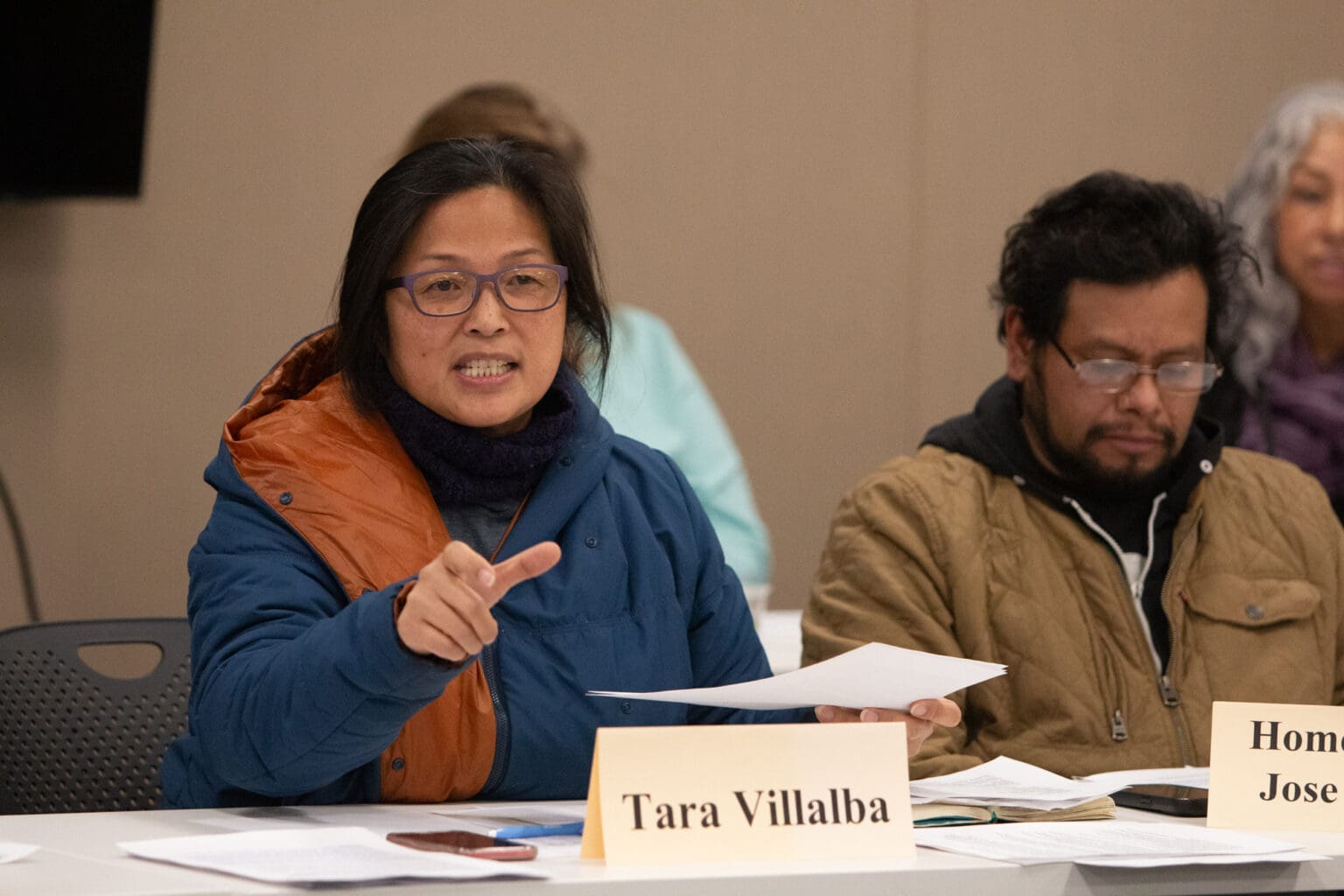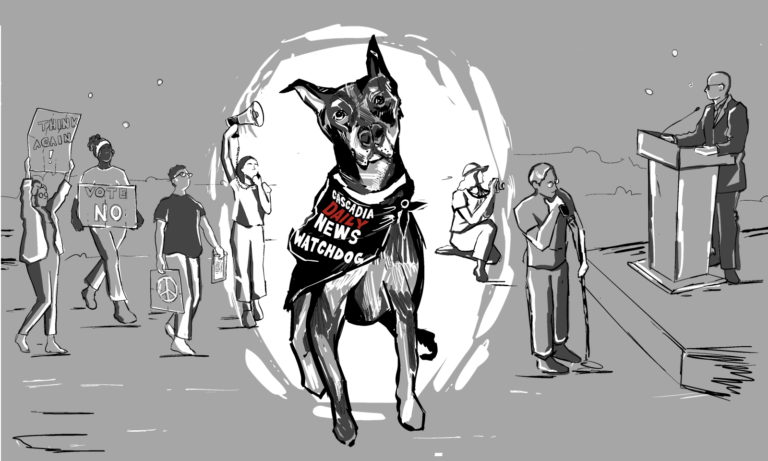Members of the Immigration Advisory Board (IAB) at a Tuesday, Jan. 16 meeting pushed back on a proposal from Bellingham officials to suspend their activities temporarily, asserting their importance to the immigrant community and criticizing city officials for poor communication.
“I think one of the things that you’re going to hear the most is miscommunication, or no communication at all,” IAB member Daniel Cruz told Bellingham Mayor Kim Lund and city council members Hannah Stone, Skip Williams and Jace Cotton, who attended the meeting.
“If the board was out of line or not doing our jobs, we were never approached by anybody from the city,” Cruz added.
Tuesday’s meeting was an opportunity for IAB members to tell their side of the story, after Stone, an immigration attorney, presented an ordinance to fellow council members on Jan. 2 that would halt board meetings until further notice. The council is expected to consider Stone’s ordinance at its next meeting, on Jan. 29.
The ordinance includes claims that IAB members didn’t receive mandatory training in public-meeting and public-record laws. It also suggested the IAB wasn’t performing its most basic function, which is to provide policy recommendations to the city council and mayor.
IAB member Tara Villalba, who chaired Tuesday’s meeting, went so far as to rewrite Stone’s ordinance, saying parts of it were misleading.
One revised paragraph indicated city officials were to be blamed for board members not receiving the mandatory training. Villalba’s rewrite of the ordinance asserted that the city didn’t follow through with a promise to provide the training in Spanish.
In response to claims the board has not furnished a work product to the city since its inception in 2020, a team of IAB volunteers pored over three and a half years of meeting minutes to provide a spreadsheet of recommendations and proposals the board had delivered to the city.

The board on Tuesday voted to send a letter to city officials, asking that the council not suspend the IAB but rather form a workgroup with board members and representatives from the council and mayor’s office. The purpose is to align the objectives of the two sides and to figure out how the city can come up with the resources necessary to support the IAB, including adequate translation services.
Board members intended for the proposal to strengthen lines of communication with city council members and the mayor’s office — so city officials would become aware of what the board was doing, and board members had a clearer idea of the city’s expectations.
In her message to board members during the meeting, Stone suggested the two sides were not that far apart after all, at least in intent.
“I want to be very clear … that my intention in bringing forward this ordinance is not to end the IAB,” Stone said. “A pause is needed … because it feels as though there are differences between the board and the city, and how we look at the work of the IAB.”
Stone gave as an example the board’s efforts to address the concerns of the immigrant community outside the City of Bellingham’s jurisdiction.
“When concerns are brought forward about, for example, county issues, for farmworkers in the fields, or with working conditions, or housing … the struggle from the city is, what is that role of the city to address those concerns?” Stone said.
Board members maintained that immigrants have a wide range of concerns, from Immigration and Customs Enforcement raids, to access to important information in their own language. The IAB is the only government body members of this community can turn to for help, they said.
“We will be going backwards, if this gets shut down,” Cruz said. “The work shouldn’t stop because there’s some tensions.”




